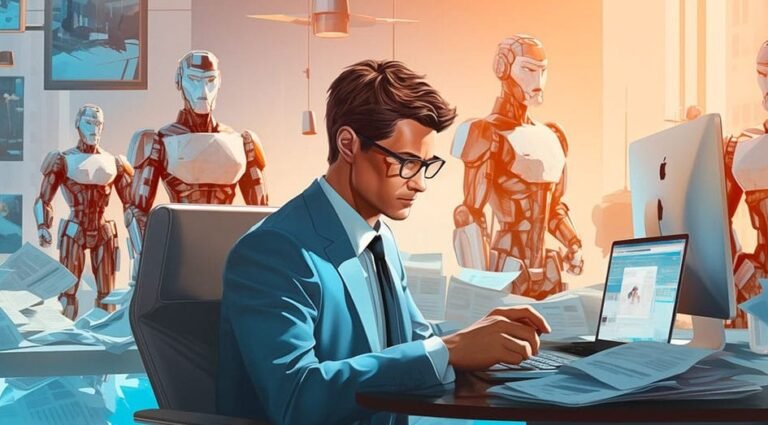Artificial Intelligence (AI) is no longer undress AI tool just a futuristic concept confined to science fiction. It has become a driving force behind many of the technologies we use daily, from voice assistants like Siri and Alexa to advanced recommendation systems on platforms such as Netflix and Amazon. As AI continues to evolve, it is transforming industries, reshaping economies, and redefining the way humans interact with machines.
What is Artificial Intelligence?
Artificial Intelligence refers to the simulation of human intelligence in machines that are programmed to think, reason, and learn. Unlike traditional computer programs that follow strict rules, AI systems can adapt, improve, and make decisions based on the data they receive. There are different types of AI, ranging from narrow AI—designed to perform specific tasks like chatbots and translation apps—to the yet-to-be-achieved general AI, which could perform any intellectual task a human can do.
Applications of AI in Everyday Life
AI is deeply embedded in modern life. In healthcare, AI-driven diagnostic tools can analyze medical images with remarkable accuracy, helping doctors detect diseases earlier. In finance, AI systems monitor transactions to prevent fraud and manage investments with predictive analytics. The automotive industry is embracing AI through self-driving cars, while the retail sector uses AI-powered chatbots and personalized recommendations to enhance customer experience. Even social media platforms rely heavily on AI to curate content feeds and target advertisements.
Benefits of Artificial Intelligence
The benefits of AI are vast and transformative. One of the most significant advantages is efficiency. AI can process and analyze massive amounts of data in seconds, something impossible for humans to achieve manually. This capability not only saves time but also increases accuracy, reducing human error. AI also enhances productivity by automating repetitive tasks, allowing humans to focus on creative and strategic responsibilities. Furthermore, AI plays a critical role in scientific research by identifying patterns and insights that accelerate discoveries in fields like medicine, climate science, and space exploration.
Challenges and Concerns
Despite its benefits, AI comes with challenges that must be addressed responsibly. One major concern is job displacement. As automation becomes more advanced, certain roles may become obsolete, raising concerns about unemployment and economic inequality. Another pressing issue is bias in AI systems. Since AI learns from data, biased or incomplete datasets can result in unfair outcomes, especially in sensitive areas like hiring, lending, and law enforcement. Privacy is another significant concern, as AI-powered surveillance systems and data-driven personalization often raise questions about how much personal information is being collected and used.
The Future of AI
The future of AI is both promising and uncertain. On one hand, it holds the potential to revolutionize industries, cure diseases, and create smarter cities. On the other hand, ethical and regulatory frameworks must be established to ensure AI is developed and deployed responsibly. Many experts advocate for the creation of “explainable AI,” where systems can clearly explain how they reach decisions. This transparency is crucial to building trust and accountability.
AI is also expected to become more collaborative, working alongside humans rather than replacing them. Instead of taking over jobs entirely, AI may augment human capabilities, making us more efficient and creative. For instance, in education, AI tutors can provide personalized learning experiences while teachers focus on mentorship and emotional support. Similarly, in creative fields, AI can assist artists, writers, and designers by offering inspiration and generating ideas.
Conclusion
Artificial Intelligence represents one of the most transformative technologies of our time. Its ability to learn, adapt, and make decisions has the potential to solve complex global challenges and improve lives across the globe. However, as we embrace AI, it is crucial to address the ethical, social, and economic implications it brings. Striking the right balance between innovation and responsibility will determine how beneficial AI becomes for humanity.
The rise of AI is not just about smarter machines—it is about reshaping the relationship between humans and technology. By approaching AI with vision, responsibility, and inclusivity, we can harness its potential to build a future that benefits everyone.
